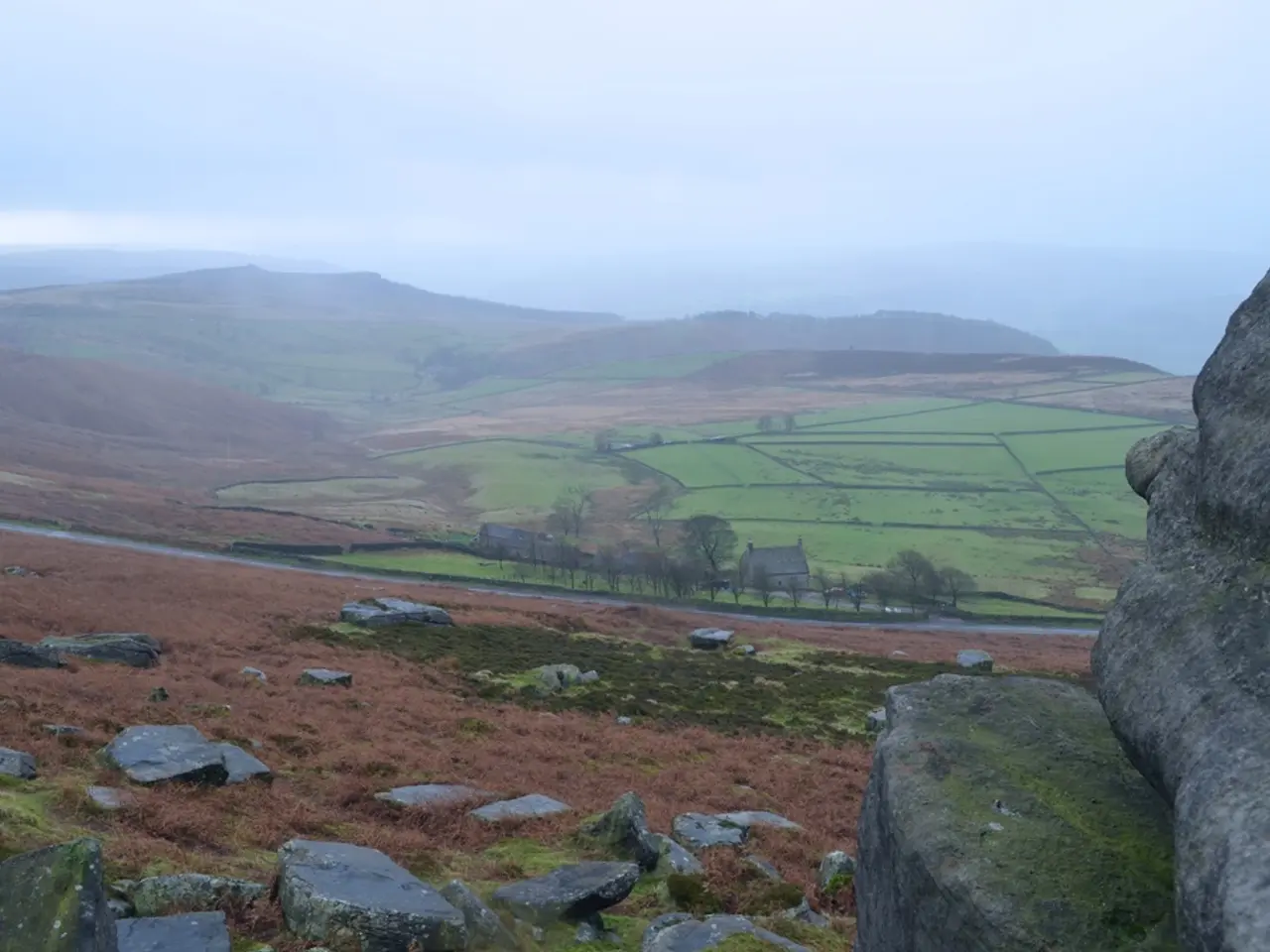Goa, India: Local Updates
In the vibrant and picturesque state of Goa, located on the western coast of India, a troubling trend has emerged. Over the years, uncontrolled tourism development has led to a multitude of environmental and cultural concerns.
Goa, once a Portuguese colony, boasts a unique style of colonial architecture in its towns and cities. However, this rich heritage is under threat as many historic structures are being replaced by faceless modern architecture. The expansion of foreign-run businesses and unsustainable resort construction, particularly outside the main tourist areas, is a significant contributor to this issue.
Environmentally, the consequences of unchecked development are severe. Fragile coastal zones are being damaged, water resources are being overused, and pollution, including plastic pollution, is a growing concern. Biodiversity loss is another worrying trend, as unplanned development results in habitat destruction and disruption of ecosystems.
To address these issues, initiatives such as the establishment of a “Centre of Excellence for Natural Resource Management and Ecotourism” are being implemented. This centre aims to focus on coastal and marine resource management, climate change mitigation, biodiversity conservation, water resource conservation, and the promotion of eco-tourism to ensure sustainable development.
Moreover, there is a push towards integrating local communities into sustainable tourism models and eco-resort developments. The goal is to convert ecological value into sustainable growth without compromising environmental assets.
Culturally, the pressure from tourism combined with climate change is impacting heritage sites. Historic coastal forts and structures are being damaged due to rising sea tides and water ingress, as observed in other coastal regions. While specific mentions of Goa’s cultural heritage impacts are limited, similar issues of weather-induced damage and the need for climate-resilient conservation methods apply throughout coastal regions.
The government has taken measures such as stricter laws against unauthorised activities and nuisances at tourist spots to protect the environment and tourist experience. These measures indirectly help in safeguarding cultural sites from misuse or neglect.
Despite its natural and cultural beauty, Goa's reputation is often associated with sun-and-sand hedonism. Many hotels cater to European charter tourism focused on cheap, all-inclusive resorts, with little regard for local culture or environment. This trend raises concerns about the long-term sustainability of Goa's tourism industry and the preservation of its unique heritage.
In conclusion, uncontrolled tourism in Goa poses significant threats to its environmental and cultural heritage. To ensure a sustainable future, it is crucial to establish management frameworks for sustainable tourism, eco-friendly resort development, community engagement, and legal measures to curb detrimental practices.
- The unique style of colonial architecture in Goa's towns and cities, a part of its cultural heritage, is being threatened by the encroachment of modern architecture due to unchecked development.
- As uncontrolled tourism continues in Goa, environmental concerns such as fragile coastal zone damages, overuse of water resources, and plastic pollution are becoming more severe.
- To combat these issues, initiatives like the "Centre of Excellence for Natural Resource Management and Ecotourism" have been set up, focusing on aspects such as biodiversity conservation, eco-tourism, and climate change mitigation.
- The government is taking steps to protect the environment and tourist experience in Goa by implementing stricter laws against unauthorized activities, indirectly safeguarding cultural sites from misuse or neglect.
- To ensure the long-term sustainability of Goa's tourism industry and the preservation of its unique cultural heritage, it is vital to establish management frameworks for sustainable tourism, eco-friendly resort development, community engagement, and legal measures to curb detrimental practices.






